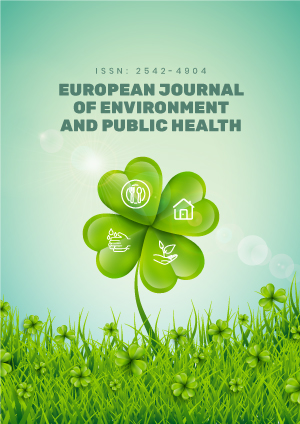Abstract
Anxiety disorders are among the most common distressing diseases worldwide and have been the focus of increasing attention by companies, as they are associated with impaired work performance, higher absenteeism, and greater health-related costs. The risk of disease is particularly pronounced in individuals with metabolic syndrome and unfavorable working conditions. Nevertheless, empirical knowledge on interactions of metabolic syndrome, job characteristics, and psychiatric morbidity is still sparse. This cross-sectional study included survey data from 176 company employees with diagnosed metabolic syndrome to examine associations between anxiety and job-related factors, namely goal uncertainty and job autonomy. Descriptive data analysis along with Spearman’s rank correlation analysis were performed. Study hypotheses were tested using moderated hierarchical multiple regression analyses. Results extend worksite health promotion literature by demonstrating a slightly U-shaped relation between goal uncertainty and anxiety (β=.16, p≤.05). While moderate levels of goal uncertainty contributed to well-being in terms of low anxiety severity, low and high goal uncertainty were associated with more severe anxiety. This highlights the need to consider differentiated stressor conceptualizations in research on antecedents of employees’ well-being. However, job autonomy showed neither a direct nor a moderating effect on anxiety.
License
This is an open access article distributed under the Creative Commons Attribution License which permits unrestricted use, distribution, and reproduction in any medium, provided the original work is properly cited.
Article Type: Research Article
EUR J ENV PUBLIC HLT, Volume 6, Issue 2, 2022, Article No: em0119
https://doi.org/10.21601/ejeph/12281
Publication date: 27 Jul 2022
Article Views: 2260
Article Downloads: 1975
Open Access References How to cite this article
 Full Text (PDF)
Full Text (PDF)